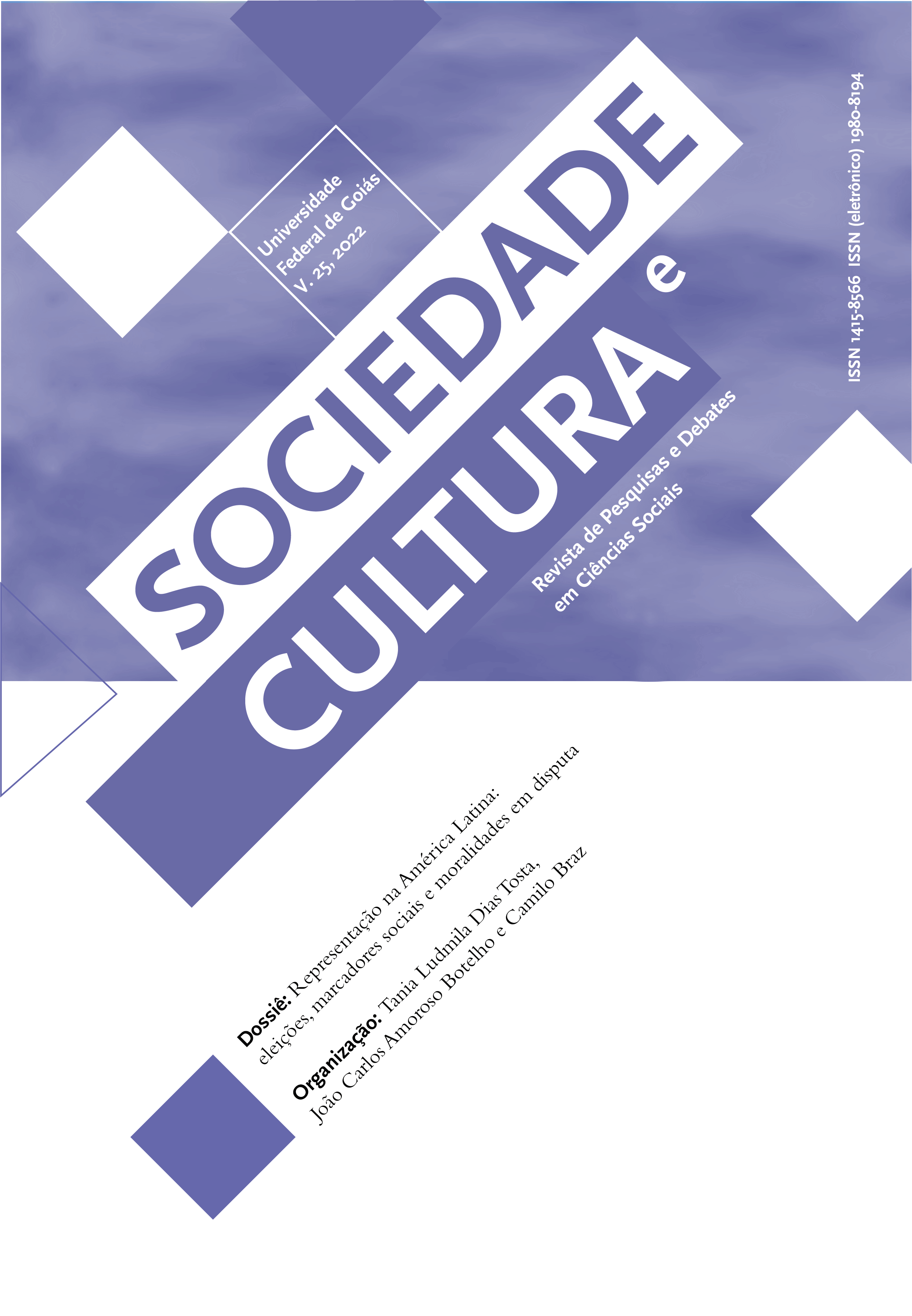Analysis of narratives and young experiences affiliated to political parties
DOI:
https://doi.org/10.5216/sec.v25.70800Abstract
This article analyzes reports of experiences of young people affiliated to political parties in Brazil. The corpus consists of written testimonies from 375 young people affiliated with 35 political parties. The reports deal with the experiences of these young people, a way of directly accessing their views and their place of speech as a subject within the scope of party youths.
The methodology consisted of applying an open questionnaire, with space for the informants to report their experiences. The conclusions show that the young supporters mainly highlight the following aspects: political learning, coexistence and the “broderhood spirit”. Other discursive representations are sometimes associated with idealism and sometimes with political pragmatism. Some reports also highlight the suffering caused by the exchange of some parties. The discussion of the data, in dialogue with the literature, contributes
to the understanding of the motivations that lead young people to join the parties, also allowing the analysis of their own experiences.
Downloads
Downloads
Published
How to Cite
Issue
Section
License
Copyright (c) 2022 Sociedade e Cultura

This work is licensed under a Creative Commons Attribution 4.0 International License.
Authors who publish in this journal agree to the following terms:
- Authors retain the copyright and grant the journal the right of first publication, the work being simultaneously licensed under the Creative Commons Attribution License, which allows the sharing of the work with acknowledgment of authorship and of the initial publication in this journal;
- Authors are authorized to enter into additional contracts separately, for non-exclusive distribution of the version of the work published in this journal (eg, publishing in an institutional repository or as a book chapter), with acknowledgment of authorship and of the initial publication in this journal;
- Authors are allowed and encouraged to post and distribute their work online (eg, in institutional repositories or on their personal page) at any point before or during the editorial process, as this can bring productive change as well as increases the impact and the citation of the published work (see O Efeito do Acesso Livre).



